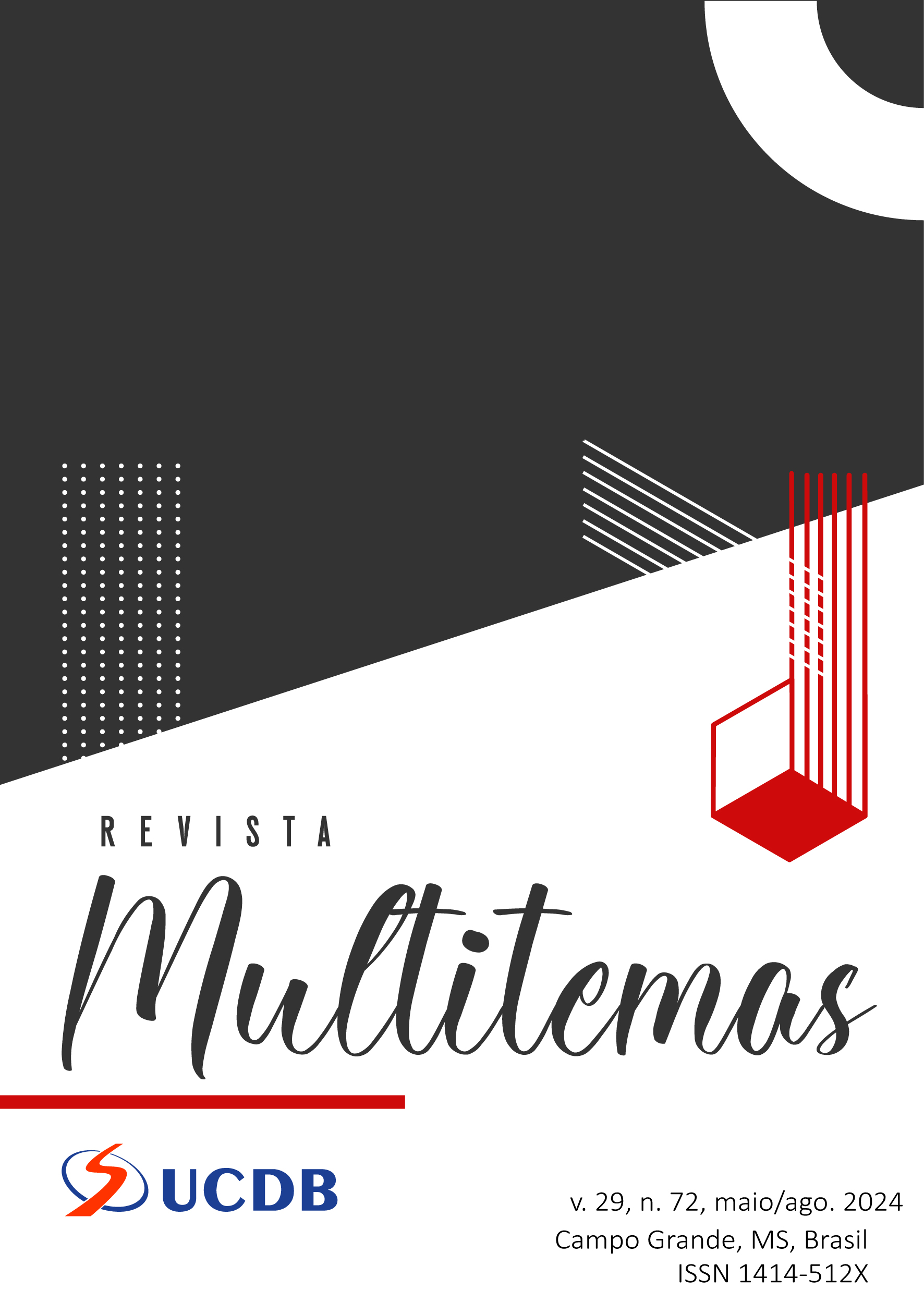Food waste in lower middle-class households
DOI:
https://doi.org/10.20435/multi.v29i72.4425Keywords:
food waste, consumer behavior, sustainabilityAbstract
It was intended to investigate the phenomenon of household food waste, from the antecedents to the final stage of the supply chain, in lower middle-class households located in a municipality in the west and another in the southwest of Paraná. The consumer decision process was explored, identifying at each stage of the itinerary: the purchase decision, the shopping trip, the moment of purchase, the organization of purchases at home, the preparation for use, the consumption, the disposal and the cultural aspects of consumers. The research has a qualitative character and a narrative approach based on semi-structured interviews and on-site observation. Data were analyzed by content analysis. It is concluded that the main antecedents of waste were: lack of purchase planning, excessive purchases and food storage, in addition to excessive preparations and the lack of interest in consuming leftovers, a result from behavioral aspects, such as abundance and hospitality.
References
AGÊNCIA BRASIL. IBGE: 50 milhões de brasileiros vivem na linha da pobreza. Agência Brasil, Rio de Janeiro, 2017.
BANCO MUNDIAL. World development indicators. World Bank DataBank, [s. l.], 2015.
CARVALHO, D. Fome e desperdício de alimentos. Brasília: IPEA, 2009
DESJEUX, D. Les échelles d'observation de la consommation. Retrieved January, [s. l.], 2006.
DESJEUX, D.; SUAREZ, M.; CAMPOS, R. D. The itinerary method: a methodological contribution from social sciences to consumer research in management. Revista Brasileira de Marketing, São Paulo, v. 13, n. 2, p. 74-83, maio 2014.
FAO. Food losses and waste in the Latin America and the Caribbean. Rome: Food and Agriculture Organization for the United Nations, 2014.
FAO. Urgent collaboration required on food wastage. Food and Agriculture Organization, [s. l.], 2013.
¬¬IBGE. Síntese de Indicadores Sociais 2022: uma análise das condições de vida da população brasileira. Rio de Janeiro: IBGE, 2022.
LAKATOS, E. M.; MARCONI, M. A. Fundamentos de metodologia científica. 5. ed. São Paulo: Atlas, 2003.
PORPINO, G. Quais os porquês do desperdício de alimentos entre consumidores? Compreendendo o comportamento do consumidor para delinear soluções. In: ZARO, M. (Org.). Desperdício de alimentos: velhos hábitos, novos desafios. Caxias do Sul: Educs, 2018.
SOARES, A. G. Perdas pos-colheita de frutas e hortaliças. Fórum Agronegócios da UNICAMP, Campinas, 2009.
STUART, T. Waste Uncovering the global food scandal. London: Editora Penguin Books, 2009.
UNDP. Human Development Report 2014 - Sustaining Human Progress: Reducing Vulnerabilities and Building Resilience. New York: United Nations Development Programme, 2014.
Downloads
Published
How to Cite
Issue
Section
License
Copyright (c) 2024 Joseane Fidelis Pereira, Ana Luisa Barbosa, rozane marcia triches

This work is licensed under a Creative Commons Attribution 4.0 International License.
Os artigos publicados na Revista Multitemas têm acesso aberto (Open Access) sob a licença Creative Commons Attribution, que permite uso, distribuição e reprodução em qualquer meio, sem restrições desde que o trabalho original seja corretamente citado.
Direitos Autorais para artigos publicados nesta revista são do autor, com direitos de primeira publicação para a revista. Em virtude de aparecerem nesta revista de acesso público, os artigos são de uso gratuito, com atribuições próprias, em aplicações educacionais e não-comerciais.


